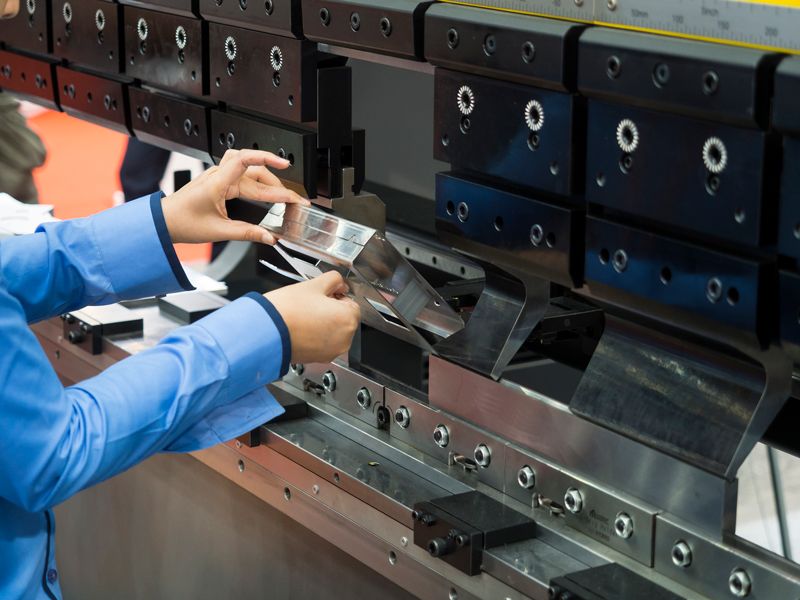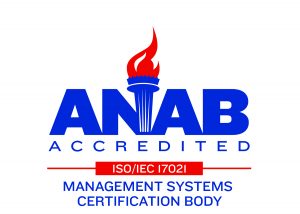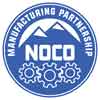Metal fabrication and tooling experts are typically well-versed in the industry’s complicated terminology. Conversely, such business jargon can be confusing and, even worse, useless for individuals less familiar with metalworking. In case you fall into the latter category, we’ve decided to explain the processes, and detail the pros and cons associated with two of our offerings: progressive die stamping and single-stage die tooling.
What Is Progressive Die Stamping?
Progressive die stamping is a cutting and cold-forming process that is frequently used to manufacture parts for a wide range of industries including, but not limited to, the fields of automotive, electronics, and appliances. Progressive die stamping, which is ideal for manufacturing large volumes of simple or complex parts, utilizes a die surface, high-tech sensors, piloting, and several individual workstations. The process starts when flat sheet metal (in coil form) is fed through a stamping press’ automatic feeding system.
The flat sheet metal becomes uncoiled and a strip stock then transports it to each stamping station, where it can be coined, punched, stamped, notched, bent, drawn, blanked, and more to shape the part to its predetermined specifications. After being processed through the stamping die, the finished part is removed from the strip stock. Essentially, progressive metal stamping is attractive because it’s automated and the machine does the work by following an assembly line of steps before achieving its final form.
Pros Of Progressive Die Stamping
Progressive die stamping can be a cost-effective way to help you quickly, and simultaneously, produce large quantities of complex parts. Specifically, the main advantages of progressive die stamping include:
- Reduced labor costs
- High-press tonnage
- Quick setup time
- Minimal scrap
- Requires only one press
- Allows unattended machining operation on the metalworking plant floor
- High repeatability and reproducibility
- Rapidly, and consistently, produces multiple small parts with tight tolerances
- Long production run lengths
- Decreased downtime
- Allows control of part location throughout the stamping process
Cons Of Progressive Die Stamping
- Generally pricier than line or transfer dies
- Usually requires precision alignment and setup procedures
- A coil feeder system is needed
- An open-ended press is needed so that the metal can be fed into the die
- If one station is damaged, the entire die set needs to be removed

What is Single-Stage Tooling?
Single stage tooling (also referred to as manual dies) is a simpler process that relies on one stage, rather than multiple stages, to shape flat sheet metal (in coil form) to its predetermined specifications. During this tooling process, which also employs punching, blanking, embossing, bending, forming, drawing, flanging, coining, and more, a part is either loaded by hand (manual dies) or loaded by machine tending robots (transfer dies) onto a die’s surface.
Despite being a single-stage operation, this process can effectively handle short- and long-volume runs. Moreover, precision metal stamping creates and develops raised images and even three-dimensional parts that must have tight tolerances. Many intricate designs have zero room for error, with final measurements on target for .001” – .002” inches. To achieve this level of precision, it takes strict adherence to specifications established during the design process.
Pros Of Single-Stage Tooling
- A cost-effective method for manufacturing
- Easy to setup
- Requires fewer adjustments
- A high-quality, single-stage press has an extensive lifespan
- Offers a less complex, straightforward process for the production of parts
- Allows for a quicker return on investment (ROI)
- Requires minimum capital investment
Cons Of Single Stage Tooling
- It generally has a slower rate of production than progressive die stamping
- It can only handle one step at a time
- Dies need to be replaced when performing a new operation
The processes of progressive die stamping and single-stage tooling have created many products and parts that you handle on a daily basis. For example, soda can lids, tie clasps, and keychain clips were likely all formed from a giant roll of sheet metal steel. For all of us at Metalcraft Industries Inc., forging the raw material into a finished product is an art form.
Hopefully, now that you have an understanding of progressive die stamping and single-stage tooling, you have a newfound appreciation for how metal stamping works and the terminologies behind the processes.
Need A Metal Part? Let’s Talk About Your Design.
We can help you produce any metal part you desire. We are the only metalworking firm in Colorado that offers CNC machining services, precision sheet metal fabrication, metal stamping, contract manufacturing, and a vast array of post-production services all under one roof. We offer tours of our factory floor by appointment. Give us a call and we will bring your metalwork to life.






